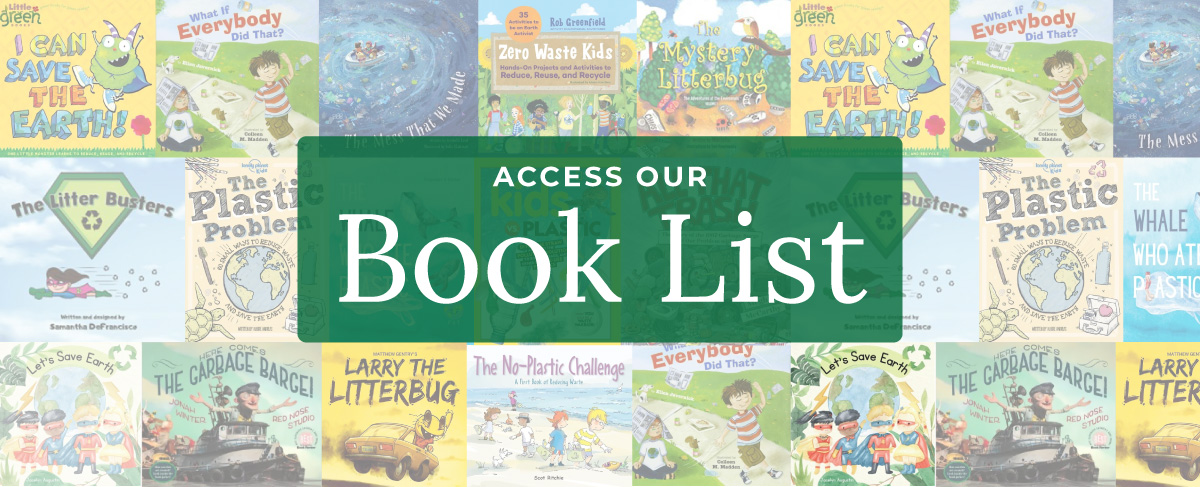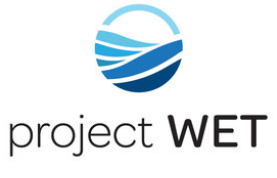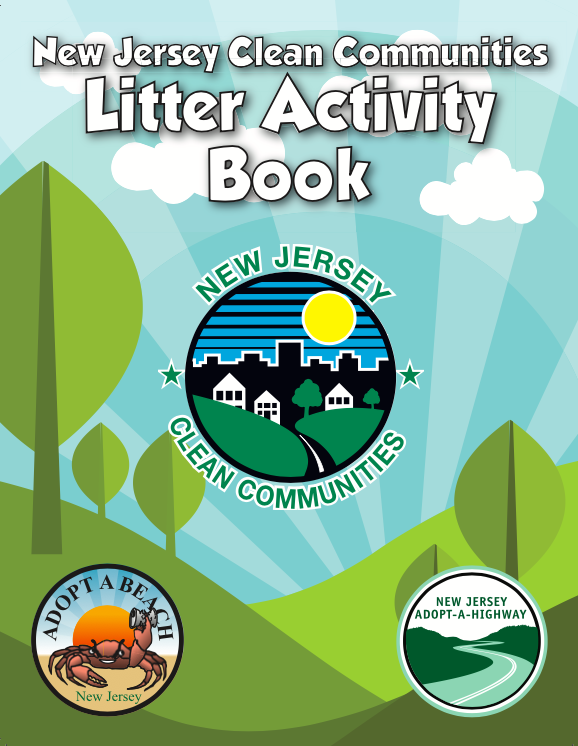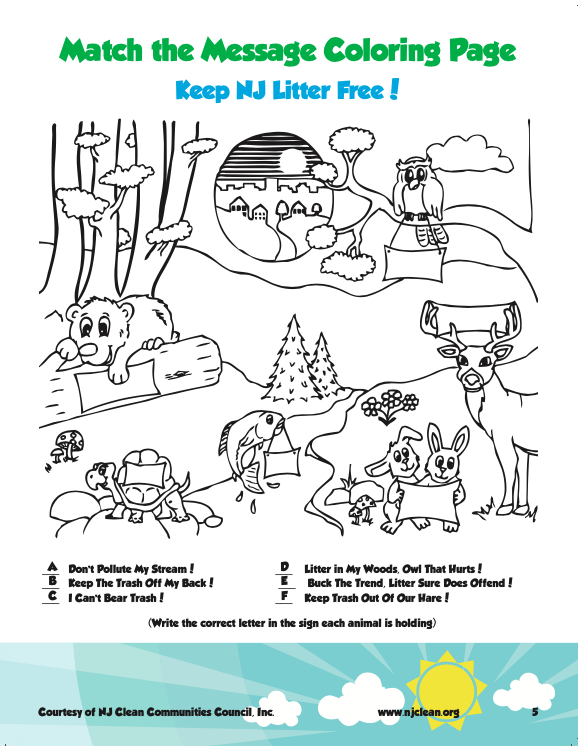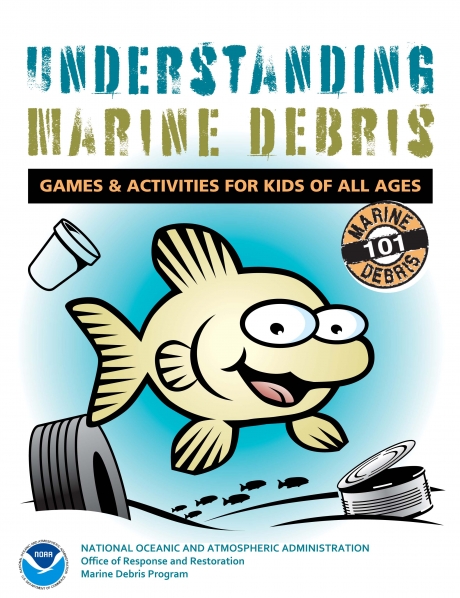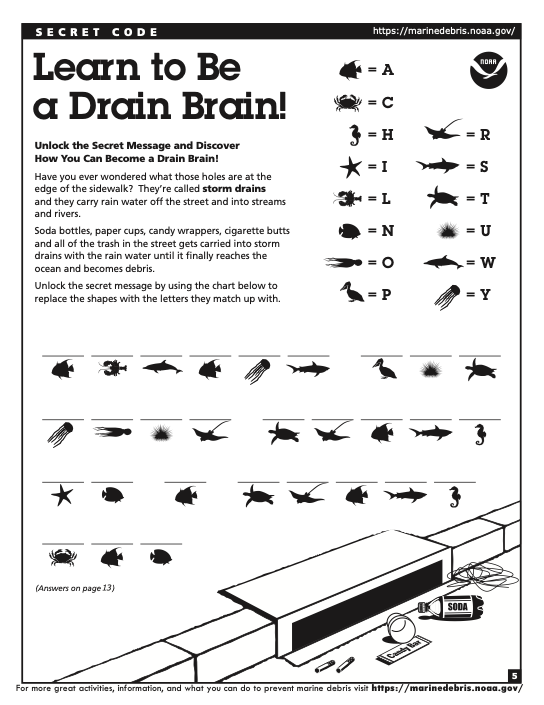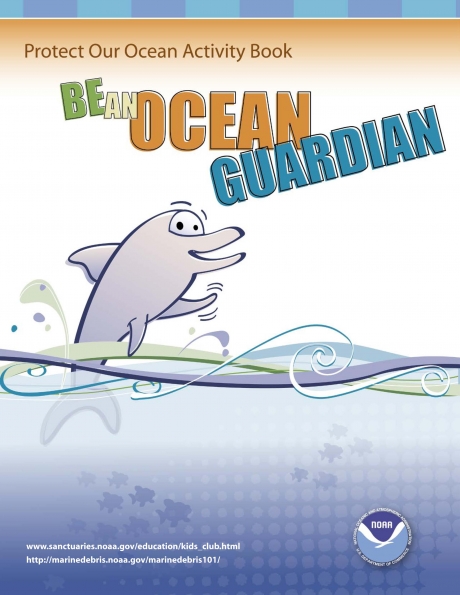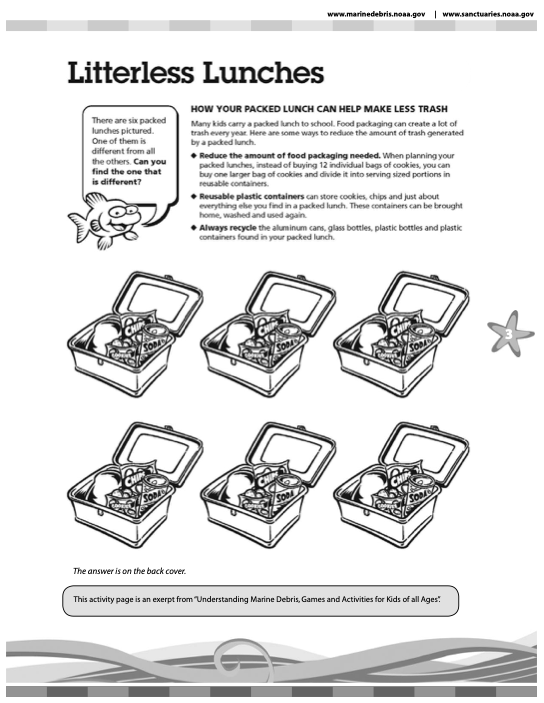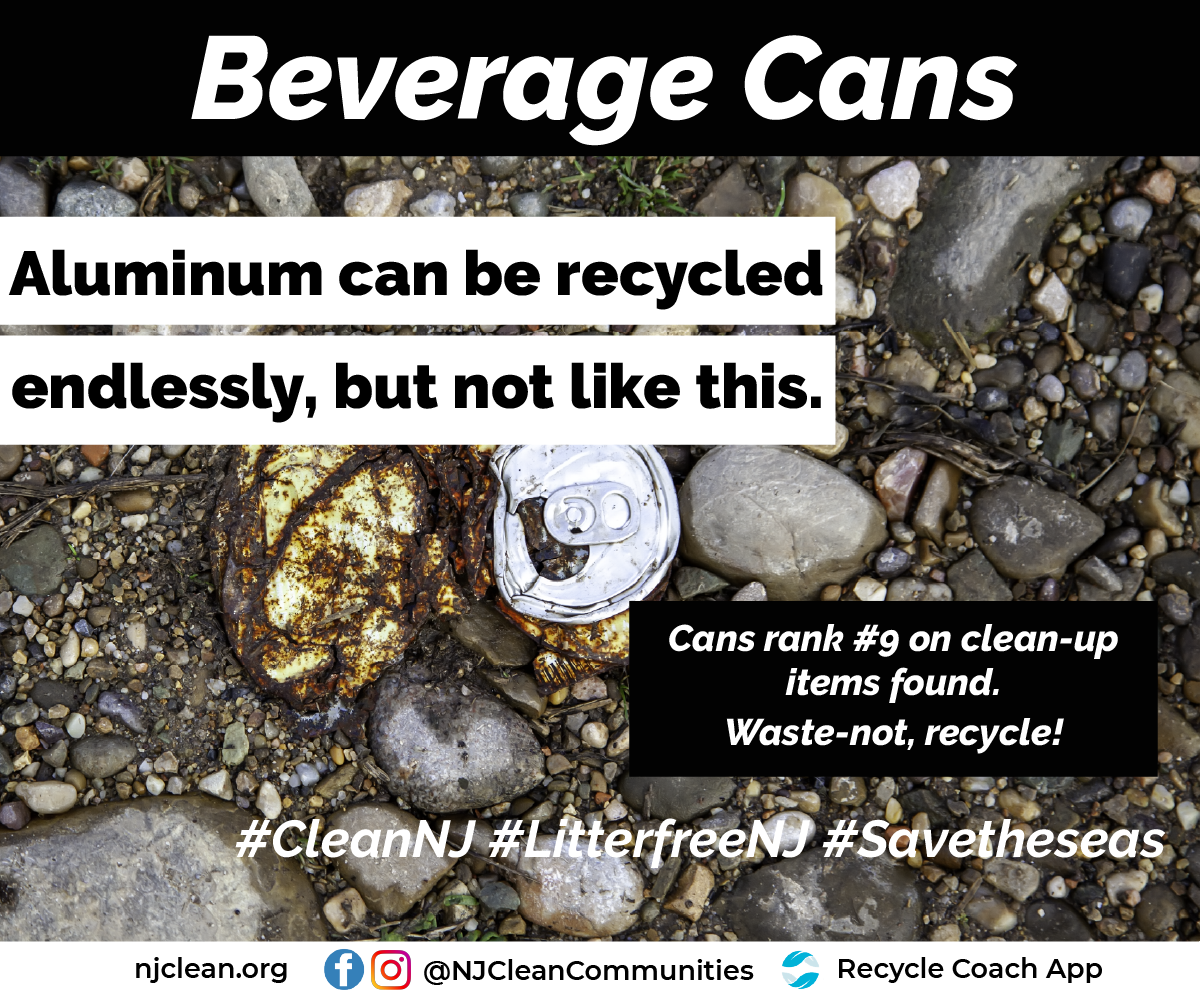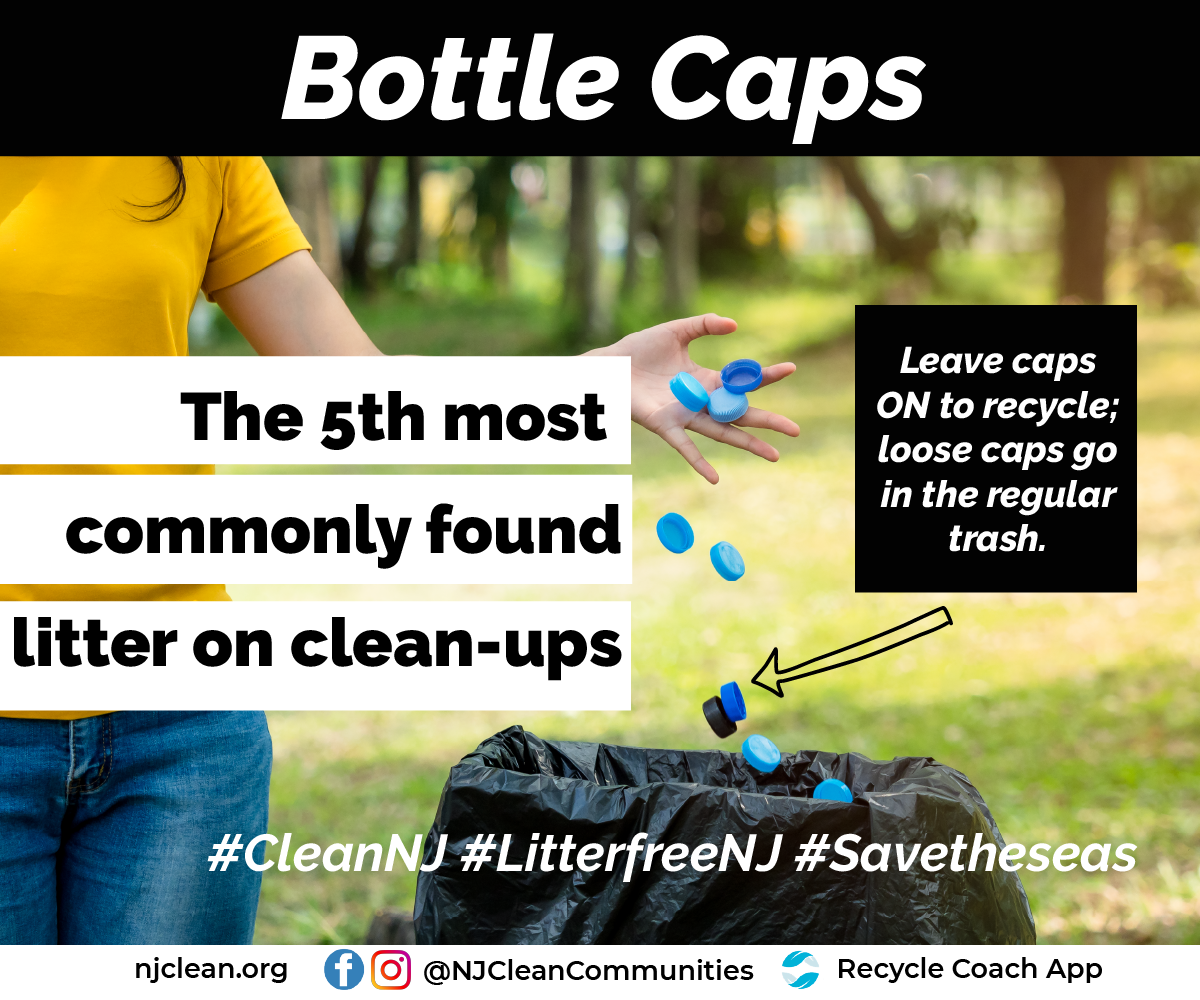Best Practices
Education
Education is communication in a more complex form. It aims to change the attitudes that cause littering. Behavioral change is a basic premise of the New Jersey Clean Communities program. A long-term education program will teach both residents and visitors the ramifications of littering and ways to work together to prevent litter from affecting our state.
The initial target audience for this education plan is children. From a litter prevention viewpoint, this group has the greatest potential in terms of long-term community improvement. Children represent our present as well as our future. The knowledge and habits they acquire about proper waste handling will influence communities for years to come.
In addition, children provide a communications link to a large percentage of the adult community by reaching many adults who cannot otherwise be contacted through business, government, civic or other community groups. The secondary target is the adult community.
A portion of your Clean Communities Grant should be used towards litter abatement education programs.
Use information and ideas provided here to adapt to your Clean Communities program.
- Learn the lingo of litter. Start with Trash Talk this glossary of common solid waste terms.

Empty one - do not remove
Assembly Programs
Below is list of presenters/companies who offer educational programs with the Clean Communities anti-litter message.
- List of Clean Communities Programs (Live & Virtual) PDF
- Please make use of this note to presenters which conveys the message that all programs sponsored through the Clean Communities program must convey specific litter abatement messages.
- AmeriCorps New Jersey Watershed Ambassador Program offers free educational programs to smaller groups (not assembly programs). Presentations can be customized to include almost any water-related topic and to target any age group. Watershed Ambassadors are trained specifically on stormwater runoff pollution education using the Enviroscape watershed model and are Project WET Certified educators.
Find your local Watershed Ambassador and See the New Jersey Watershed Ambassador flyer
Field Trips
Books
A great use of Clean Community funds is buying books for libraries and schools. If you find one with a message you like, you can even buy one book for each teacher in the targeted grade. Use the books for readings and discussions in the classroom.
Here is a list of recommended books for children of various ages including a section for older kids and/or adults. The listing starts with the youngest age level first. Some books, by the same author and/or part of a series, are grouped together.
Provided below for each book, along with an image of the cover, is the title, author, a brief description, publication date, publisher name, number of pages, ISBN and suggested age/grade level. Books out of print are also noted and may be found in your library or on websites that sell used books. Links are provided for some books where websites provide additional information, or a video may accompany a book.
Celebrity Reader
A great way to connect children to the environment is to invite a “celebrity reader” to read a book about litter abatement. The celebrity can be an elected official from your town/county, a sports figure, or even a CEO from your community.
The Clean Communities coordinator will make arrangements with a class of children at a local school or a library. The book is purchased utilizing Clean Communities funds and is given to the celebrity reader ahead of time. It should be a book from this Clean Communities book list. The children will love to hear the story and feel very special that such an important person took time out of his or her day to read to them. By sharing a personal experience the children will feel a direct link with the celebrity reader. The celebrity reader will ask the children to make a commitment not to litter. The reader can end the visit by making one or two recommendations to the class, such as:
- Positive results come from not littering
- Everyone is responsible for our planet Earth
The celebrity reader will then donate the book to the class or library. This is a positive way to promote community stewardship and change the attitudes of those who litter. This is a great activity for Earth Day. A number of celebrity readers can be lined up ahead of time and all of your first or second-grade classes can be read to.
Click on the button below to access our book list:
Videos & Movies
Litterbug: Mr. Eco Official Music Video (2:27 minutes, April 2014)
Upbeat video about litter prevention. As described on YouTube, “Follow this thrilling chase to find out if environmental rap hero
Mr. Eco and EcoHero friends can catch the ‘Litterbug.’”
The Giving Ocean (6:42 minutes)
from Clean Ocean Action, located in Long Branch, NJ (see more videos on COA’s YouTube channel)
Memories of the Jersey Shore provide inspiration to take action and form Clean Ocean Action
Stopping Ocean Plastic Pollution Starts with Us Video and Blog (3:44 minutes, December 8, 2021)
from Ocean Conservancy
TRASH TALK Special Feature (15:11 minutes)
from NOAA (National Oceanic and Atmospheric Administration) Marine Debris Program
As described on NOAA’s site, “Don’t you think it’s time we all have an honest trash talk? Ocean Today in partnership with the NOAA Marine Debris Program, presents Regional Emmy® Award-winning TRASH TALK, a 15-minute special feature on marine debris for World Ocean Day.”
- Also offers 6 short individual “chapter” videos broken out from the special feature:
- What is marine debris? (2:06 minutes)
- Where does marine debris come from? (2:02 minutes)
- How does marine debris impact the ocean, animals, and me? (1:33 minutes)
- Why is plastic marine debris so common? (2:22 minutes)
- What is the Great Pacific Garbage Patch? (2:08 minutes)
- What can we do about marine debris? (2:02 minutes)
TRASH TALK Webinar for Educators (10:24 minutes) provides hands-on activities for after the videos.
Ocean Today
This Ocean Today website falls under NOAA’s website and is described as “…an exciting, multimedia kiosk that features videos on all aspects of the ocean realm — exploration and discoveries, marine life and science, [Ocean Today] was originally designed for the Sant Ocean Hall in the Smithsonian Institution’s National Museum of Natural History which opened in September 2008. The website serves as online archive for those who are unable to experience it in person.”
Trash Talk videos listed above are also found at Ocean Today along with these two marine debris videos:
- Our Debris Filling the Sea (2:35 minutes)
- Students Saving the Ocean (2:30 minutes)
The Ugly Journey of our Trash (2:55 mins) from the PADI AWARE Foundation (formerly the Project A.W.A.R.E. Foundation) which was created in 1989 to “teach the world about the importance and responsibility of preserving the aquatic environment.” AWARE stands for Aquatic World Awareness Responsibility and Education.
The Great Garbage Patch (WIH Resource Group) TED Talk Sep 24, 2014 (in video dated: Feb 2009) (7:24 minutes)
“WIH Resource Group introduces Capt. Charles Moore of the Algalita Marine Research Foundation first discovered the Great Pacific Garbage Patch — an endless floating waste of plastic trash. Now he’s drawing attention to the growing, choking problem of plastic debris in our seas.” – as described on YouTube. Visit the Books page under the Education section to see the related book, Plastic Ocean, by Captain Charles Moore.
How Ocean Pollution Affects Humans (1 minute)
from Divein.com
Includes an article, infographic and a link to a video showing a can found in a fish’s stomach
Presentations

Clean Communities Presentation (22 page, 2013)
from Morris County MUA
Presentation about litter and HHW and includes great photos.
“Prezi” on Marine Debris from NAMEPA (North American Marine Environmental Protection Association)
Marine Debris information conveyed on an interesting presentation tool.
Curricula
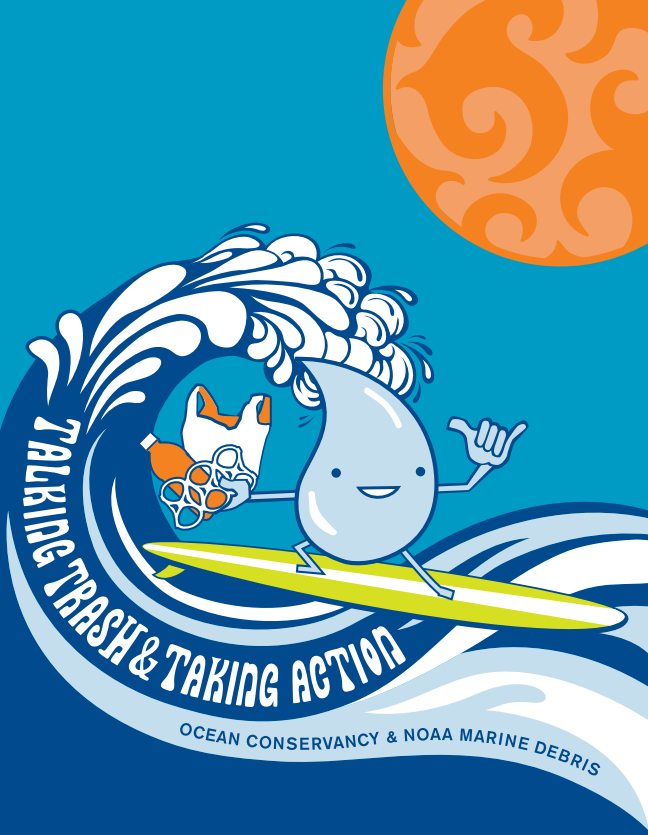
Talking Trash and Taking Action (42 pages)
Developed through a partnership of Ocean Conservancy and NOAA Marine Debris Program this instructor’s guide, with supplemental on-line materials, “…will allow you to develop a personalized marine debris education program. The guide is designed to be a resource for activities and information that can fit into existing lesson plans or can be followed verbatim as its own set of lesson plans.”
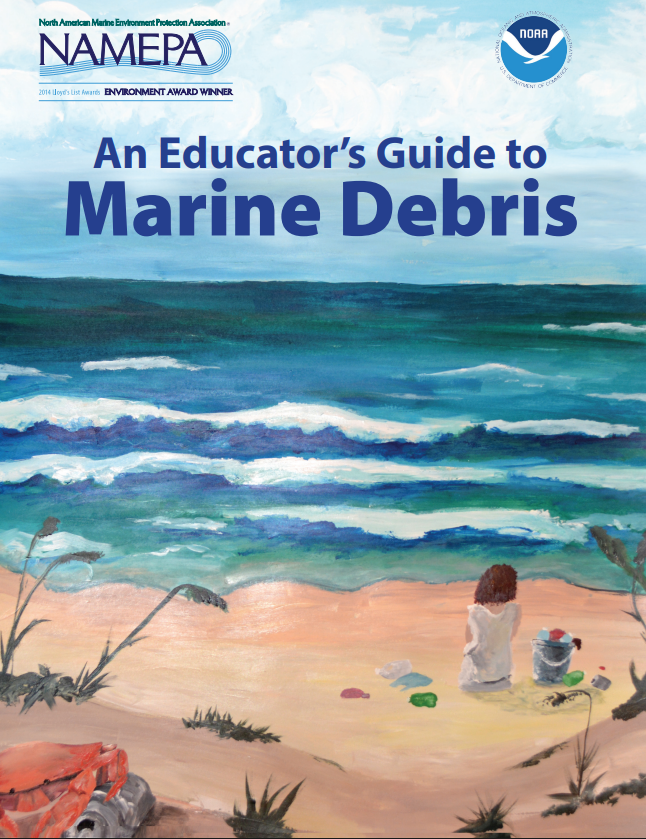
An Educator’s Guide to Marine Debris (32 pages, 2018)
Guia del Educador sobre Desechos Marinos (available in Spanish)
from NAMEPA (North American Marine Environmental Protection Association) found on their Educational Resource page (Just register and the materials are free to download.) “This guide was created in partnership with NOAA and contains lessons for students K-12 to inspire ocean stewardship, all in conjunction with NGSS and STEM. PowerPoints and links referred to in this guide are available below.” – namepa.net
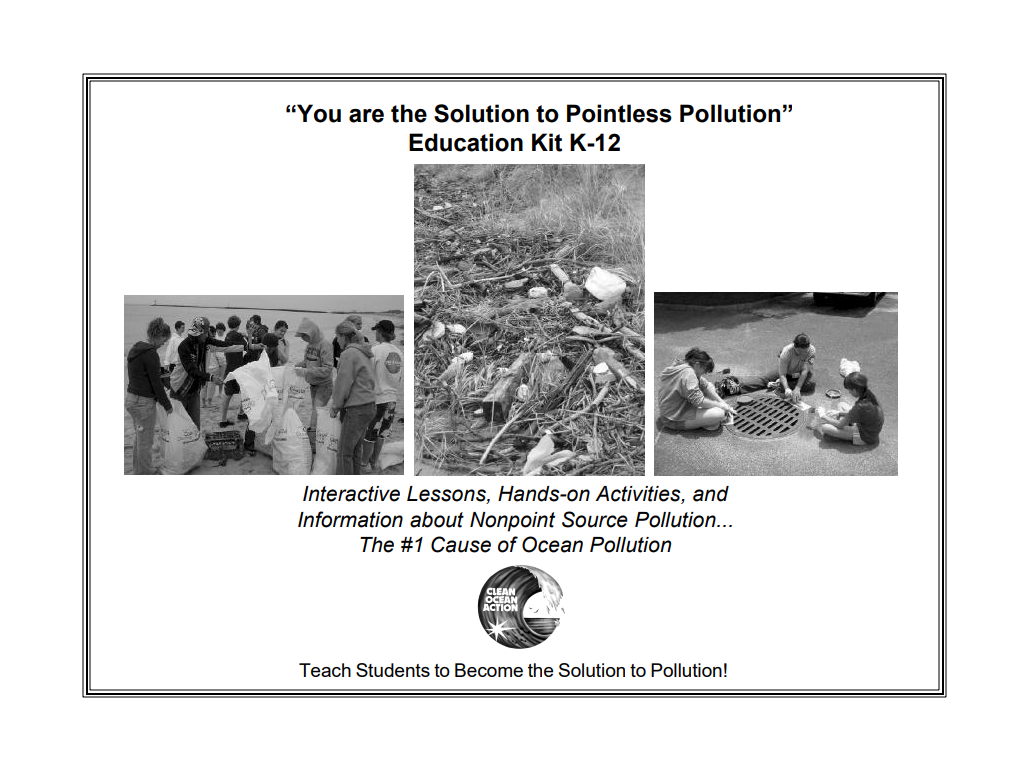
“You Are the Solution to Pointless Pollution” Education Kit K-12 (2008) from Clean Ocean Action (COA) located in Long Branch, New Jersey
“This Pointless Pollution Education Kit includes information, interactive lessons, and hands-on activities to incorporate in the class- room and community. Similar in structure, these lessons and activities include the same basic elements: grade level, reference to the New Jersey Core Curriculum Content Standards (NJ CCCS), goal(s), objective(s), materials list, activity description, activity evaluation(s), activity extension(s), and useful websites*. The Glossary of Terms on page 15 contains definitions for key words used throughout this kit.” – from the Kit’s note to Instructors
Project Wet (Water Education for Teachers)
from NJDEP SEEDs Program (New Jersey Department of Environmental Protection, The State Environmental Education Directory)
“…provides teachers (grades K-12) with the necessary tools, resources and lessons to help teach students about the importance and value of water in every day life. The Project WET Curriculum and Activity Guide is a collection of more than 64 science-based, interdisciplinary activities and lesson plans that are teacher-tested and classroom ready for K-12 students. The lessons are correlated to state and national Core Curriculum Content Standards and cover an array of diverse topics and disciplines. The Project WET Curriculum and Activity Guide is available to educators only if they participate in a six-hour Project WET professional development workshop. Teachers who attend a WET workshop will receive professional development credits.”

State Environmental Education Directory
Browse the many environmental lesson plans available at on the NJDEP SEEDS website. Plans are grouped by grade level and topic.
NJCCC Activity Book
Below are some great activity guides to explore. Additionally, this link for Recycling Promotions/AmeriMark Direct has some anti-litter and eco-friendly coloring/activity books.
New Jersey Clean Communities Litter Activity Book
“The activity book has been produced to educate youth about the harmful effects of litter on wildlife and the environment.” – NJCC
It includes a word search, trash math, coloring page, word scramble and more.
NJDEP SEEDS Clean Water Raingers Program
“Designed for elementary school students in grades 1-6, this student action program provides teachers with the resources needed to teach about, and then involve students in, such water related concepts as watersheds, nonpoint source pollution, water conservation and aquatic habitats. Students learn about simple behaviors, skills and actions that they can undertake to help protect the state’s waterways and water supply. The materials are free of charge.”
Clean Water Raingers Activity Book (20 pages, May 2017) / Clean Water Raingers Coloring Book (16 pages, May 2017)
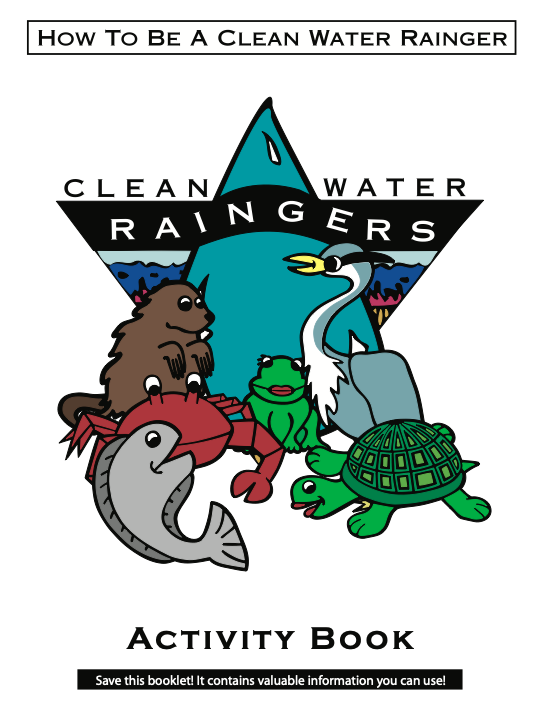
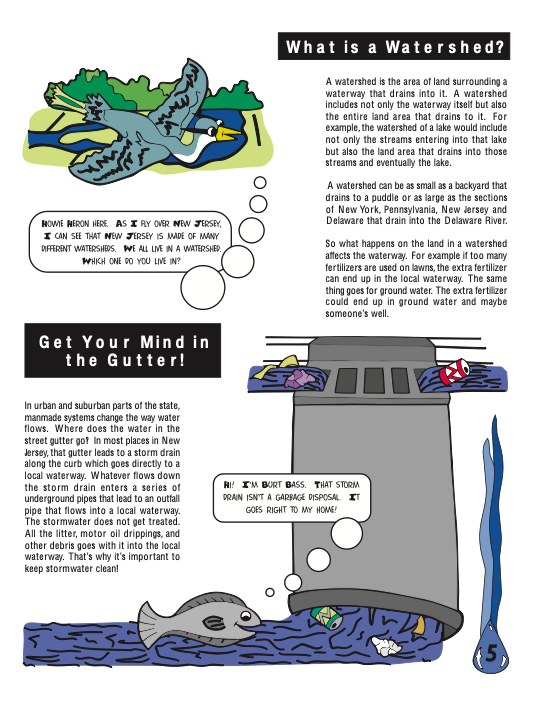
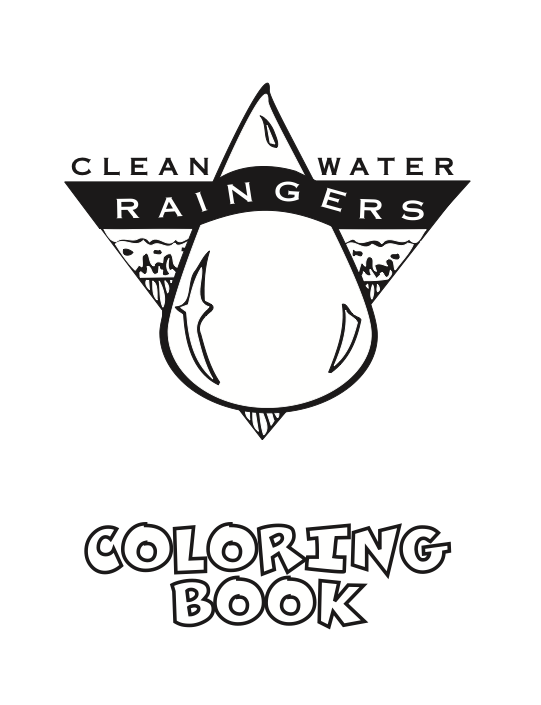
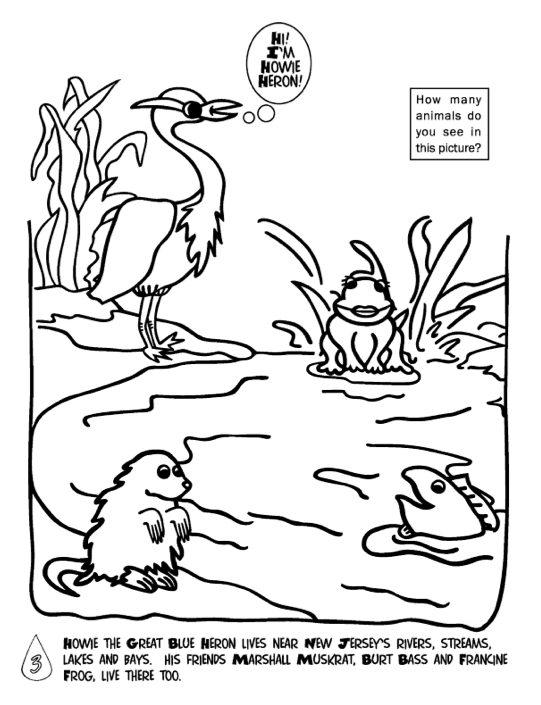
Understanding Marine Debris, Games and Activities for Kids of All Ages
(14 pages) Created by the NOAA Marine Debris Program found on NOAA’s Activity Book page “This popular assortment of puzzles, brain-teasers and coloring activities helps children understand the problem of marine debris while having fun at the same time. Suitable for all ages.” – marinedebris.noaa.gov
Protect Our Ocean Activity Book, Be an Ocean Guardian
found on NOAA’s Activity Book page (11 pages)
“Created by the NOAA Marine Debris Program and Office of National Marine Sanctuaries, the Ocean Guardian Activity Book teaches students about the ocean, marine debris, and why it’s important through word searches, games, and coloring pages. You can also sign the Ocean Guardian Pledge to protect the ocean and all the creatures that live in it. The activity book is appropriate for children in Grades K-3. Ocean Guardian Programs, created by the NOAA Office of National Marine Sanctuaries, encourage children to explore their natural surroundings to form a sense of personal connection to the ocean and/or watersheds in which they live. View other resources supported by National Marine Sanctuary System here.”
Brochure for Residents
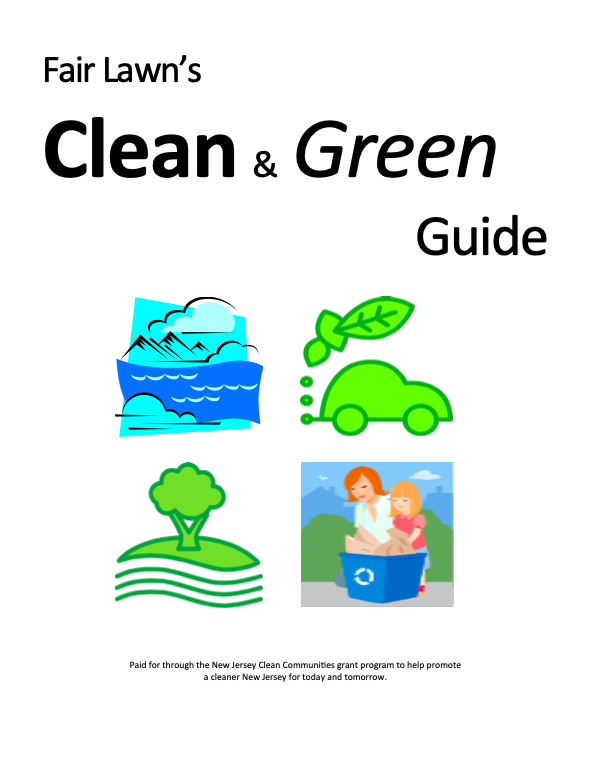
Fair Lawn’s Clean & Green Guide (12 pages)
Here is an example of a guide, published in 2010 by the Borough of Fair Lawn, which conveys the Clean Communities anti-litter message while also including other environmental information for residents. Anti-litter messages include litter cleanup program, graffiti prevention, litter marshal program, Fair Lawn’s litter ordinance, illegal dumping, and storm drains and nonpoint source pollution.
Carry In / Carry Out Brochure
The Sandy Hook Gateway Recreation Area implements a Carry In / Carry Out policy for waste, as explained in this brochure
Contests
Pledges
Prize Wheel
The clicking sound of a prize wheel is the perfect hook to capture your audience. It takes us back to fun times spent on the boardwalk, filled with the anticipation and excitement of winning.
The prize wheel is a wonderful educational tool when you place litter-related questions in its twelve, pie-shaped segments. It is great to use at events, such as Earth Day and 4-H fairs because people hear the sound and are curious to find out what is going on. In addition, it works well when speaking to students at schools or groups, such as Boy Scouts and environmental clubs. You can make up as many questions as you like and change the wheel to meet the needs of your audience or subject matter. The wheel comes with a CD that provides a template which is the correct size and shape for the segments of the wheel.
This is a nice way of making your audience focus on specific topics. If you provide a give-away, like a pen or pencil, (made of recycled content) they seem to appreciate it more when they have to “work” for the prize!
Here are two companies that sell prize wheels:
The prize wheel pictured was purchased from: PrizeWheel.com
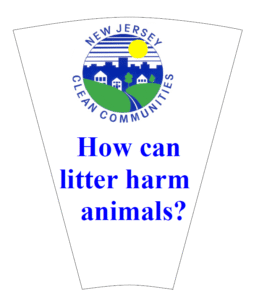
- Union County Prize Wheel Questions (15 Wedge Formatted Questions)
- Middlesex County Prize Wheel Questions (New ~2021) 19 Wedge Formatted Questions
- Middlesex County Prize Wheel Questions (Original Sets)
- Township of Sayreville Single-use Plastic Questions
Button Maker
Make buttons and/or magnets for, or at, your next event!
The button/magnet maker is:
- Easy to Use
- Portable
- Interactive
- Provides an infinite amount of uses/graphics
There are optional sizes (round, oval, square and rectangle) and some have a keychain option. In addition to a button machine, other supplies are needed (graphic punch/button packs/magnet backs).
Artwork can be customized and it is a kid-friendly activity.
See below for button ideas.
Here are some companies that sell button making equipment and supplies:
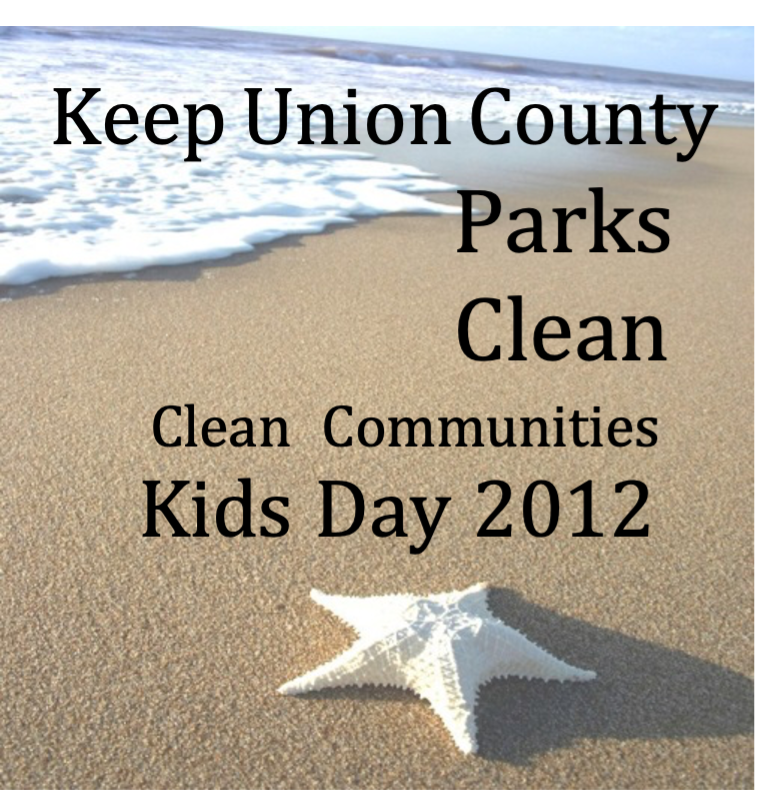
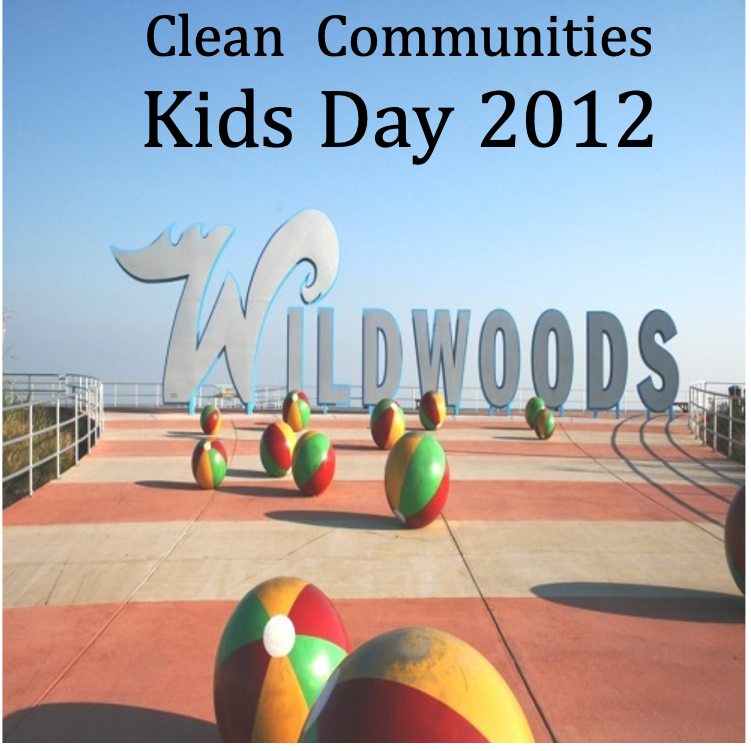
Mascot/Robot
How about a robot or mascot to promote your message?
Recycling Buddy Mascot Perth Amboy from Facemakers Inc.
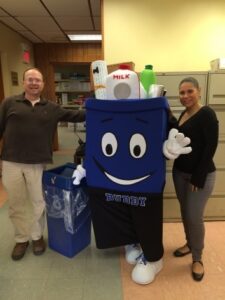
Toms River Robot from Robotronics
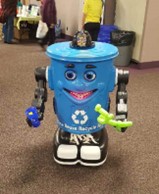
Curby the Recycling Robot Union County from Robotronics
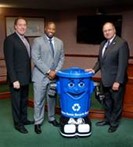
Display Boards
Use Display Boards at your fairs and other events!


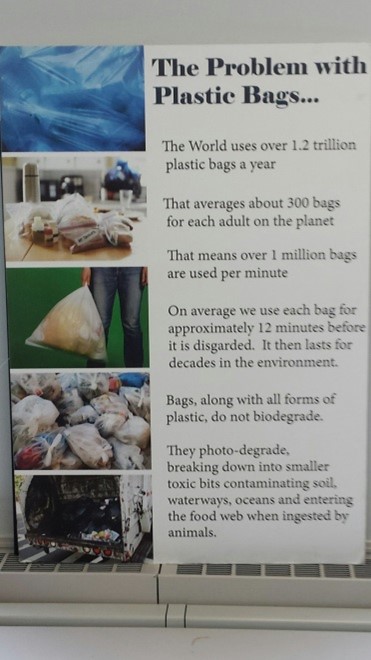
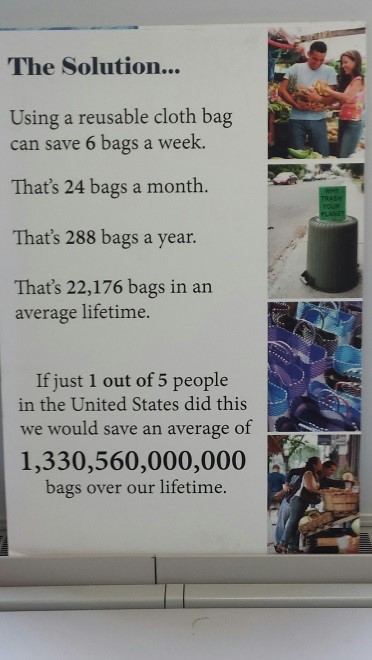
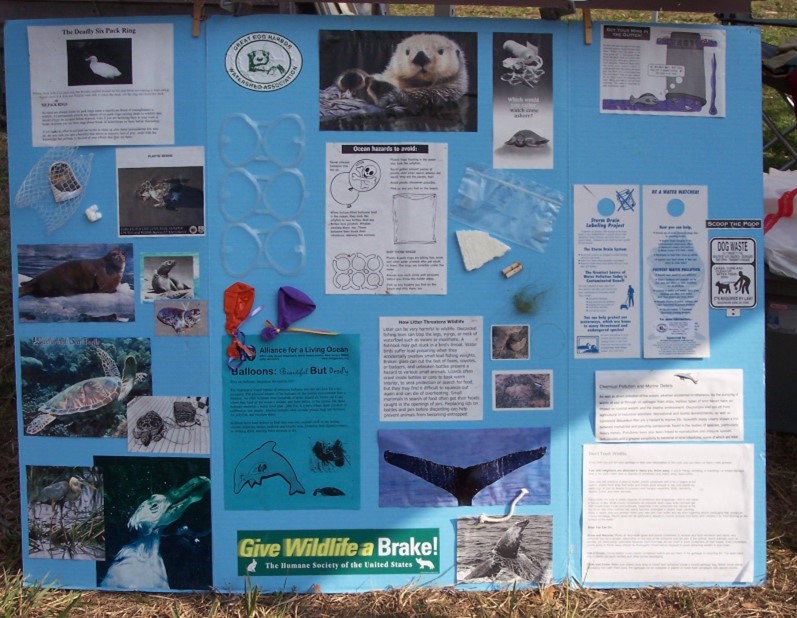
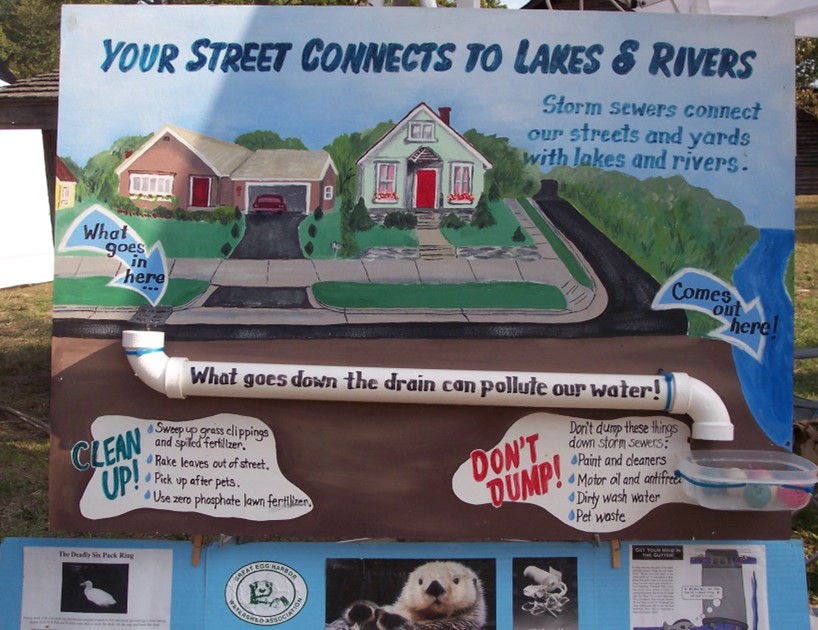
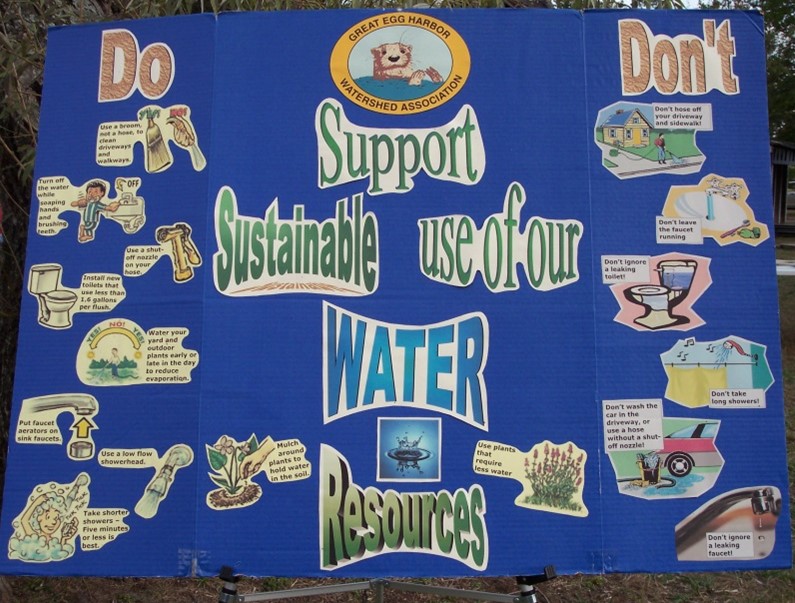
Social Media
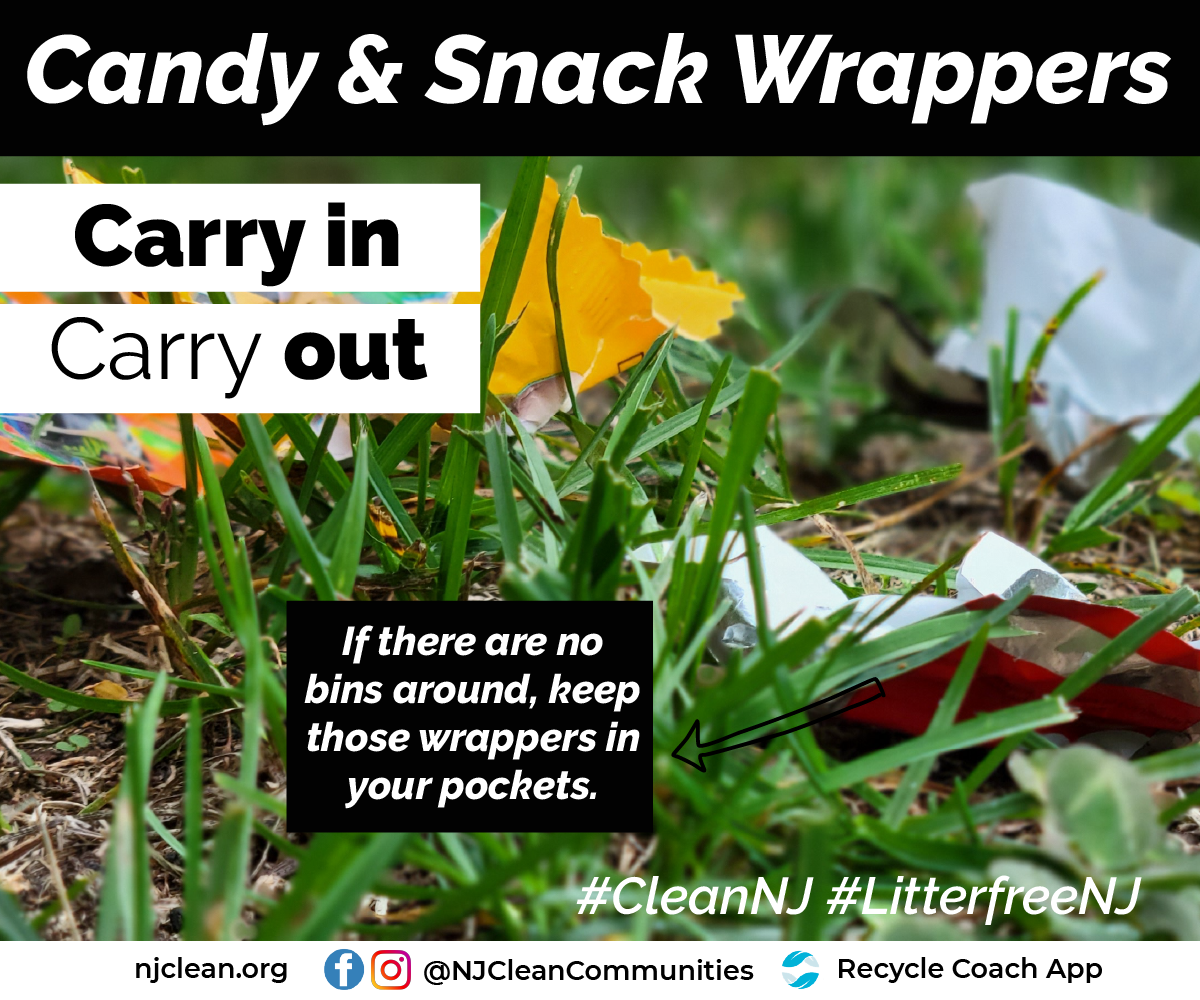
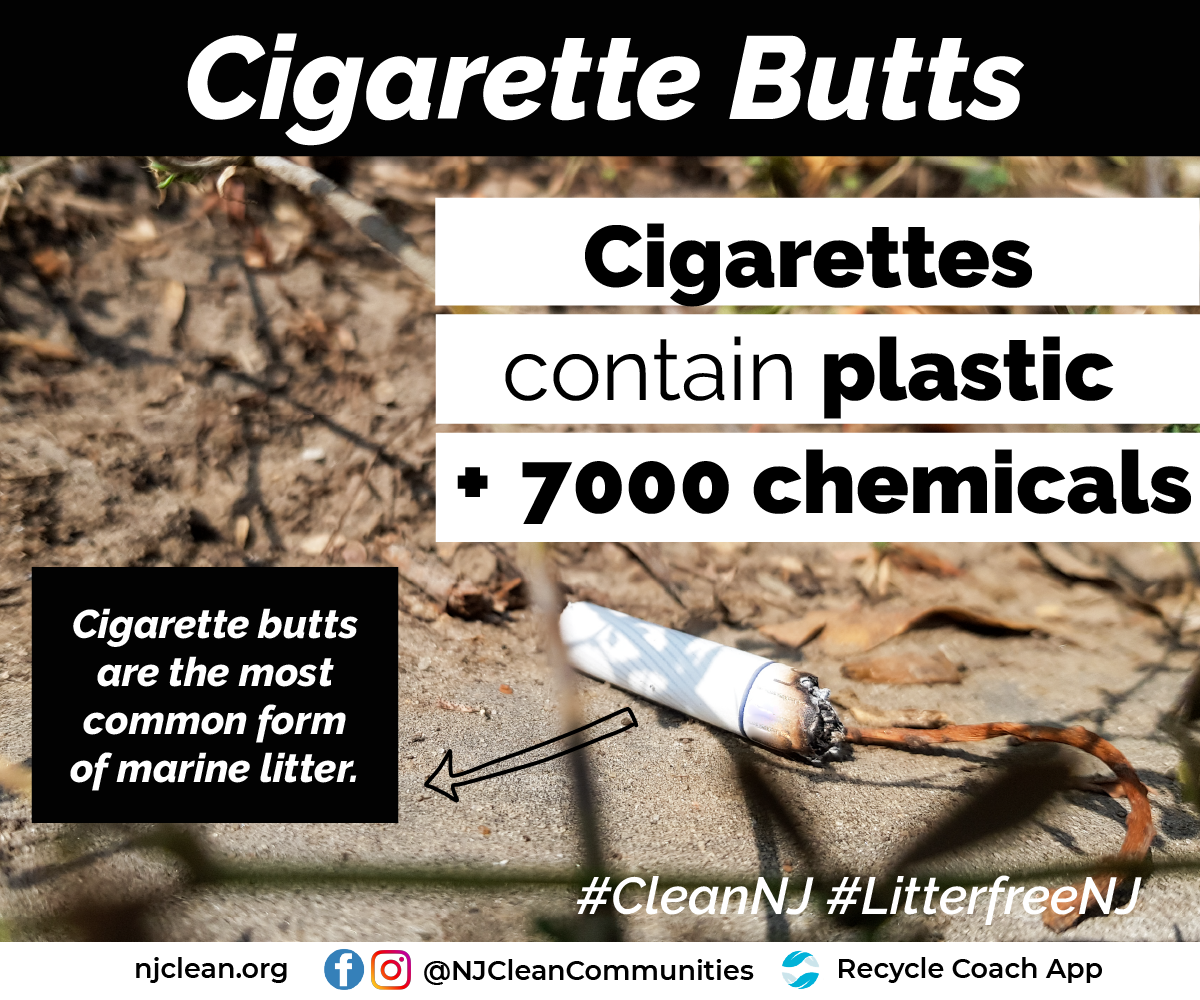
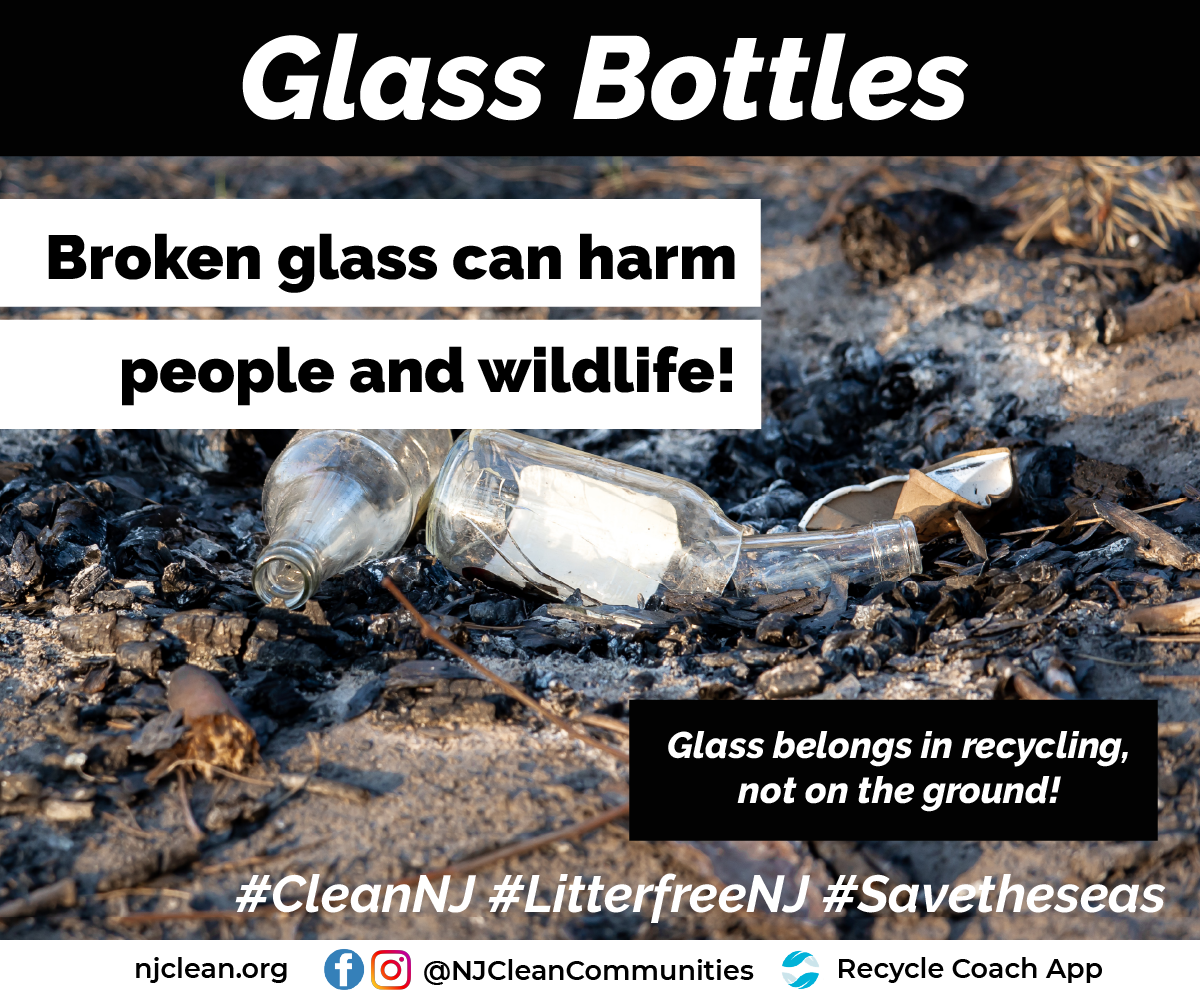

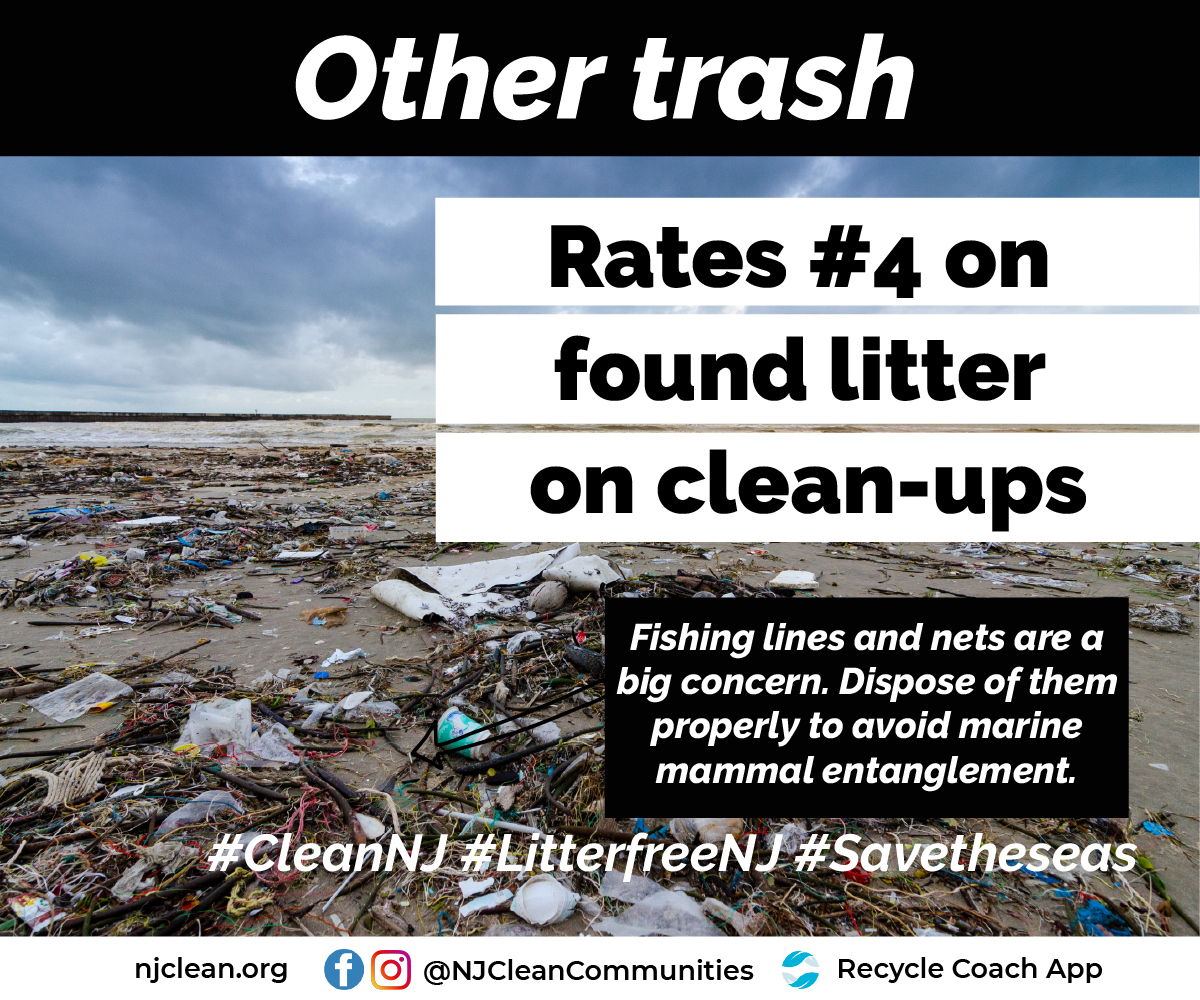
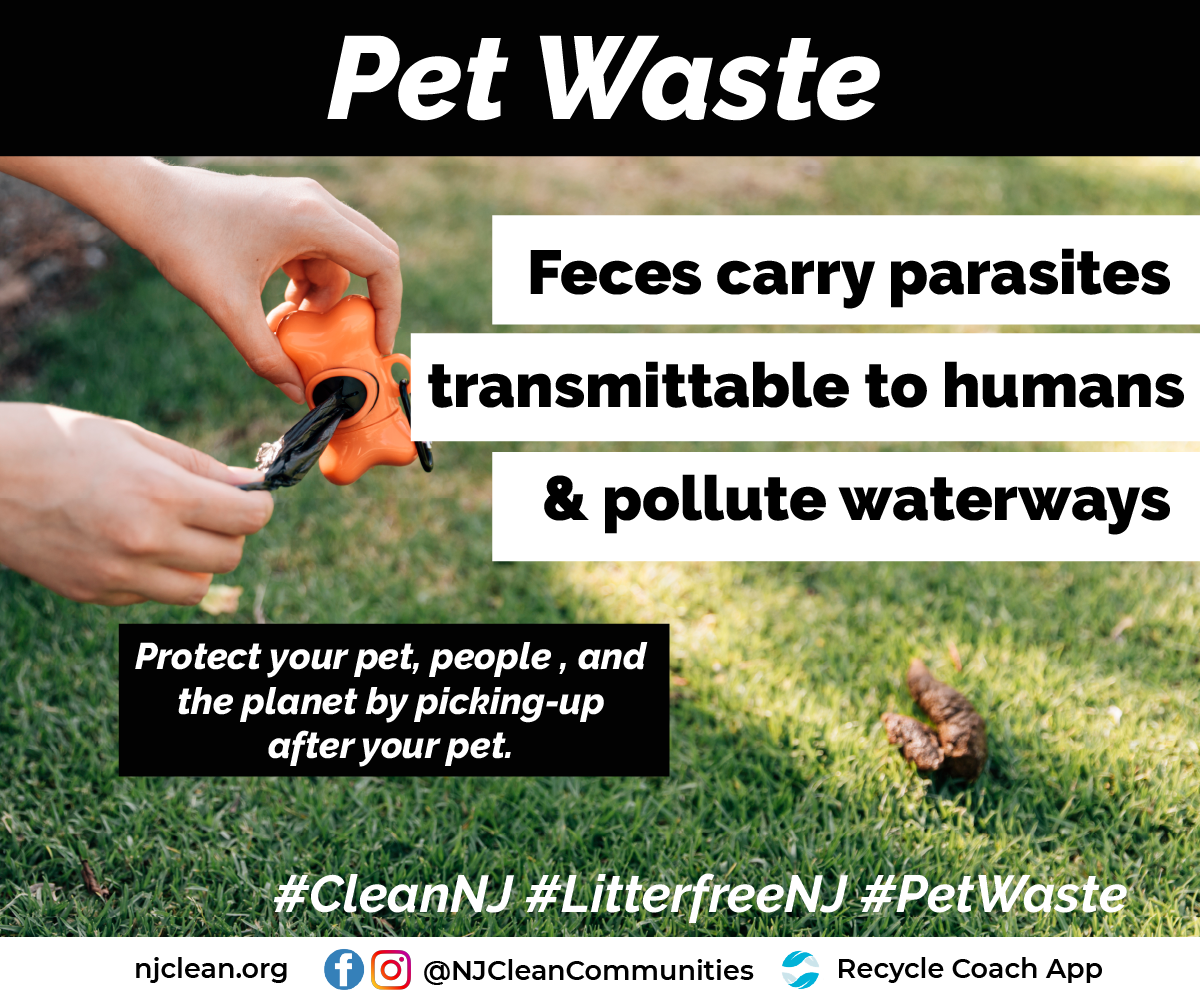
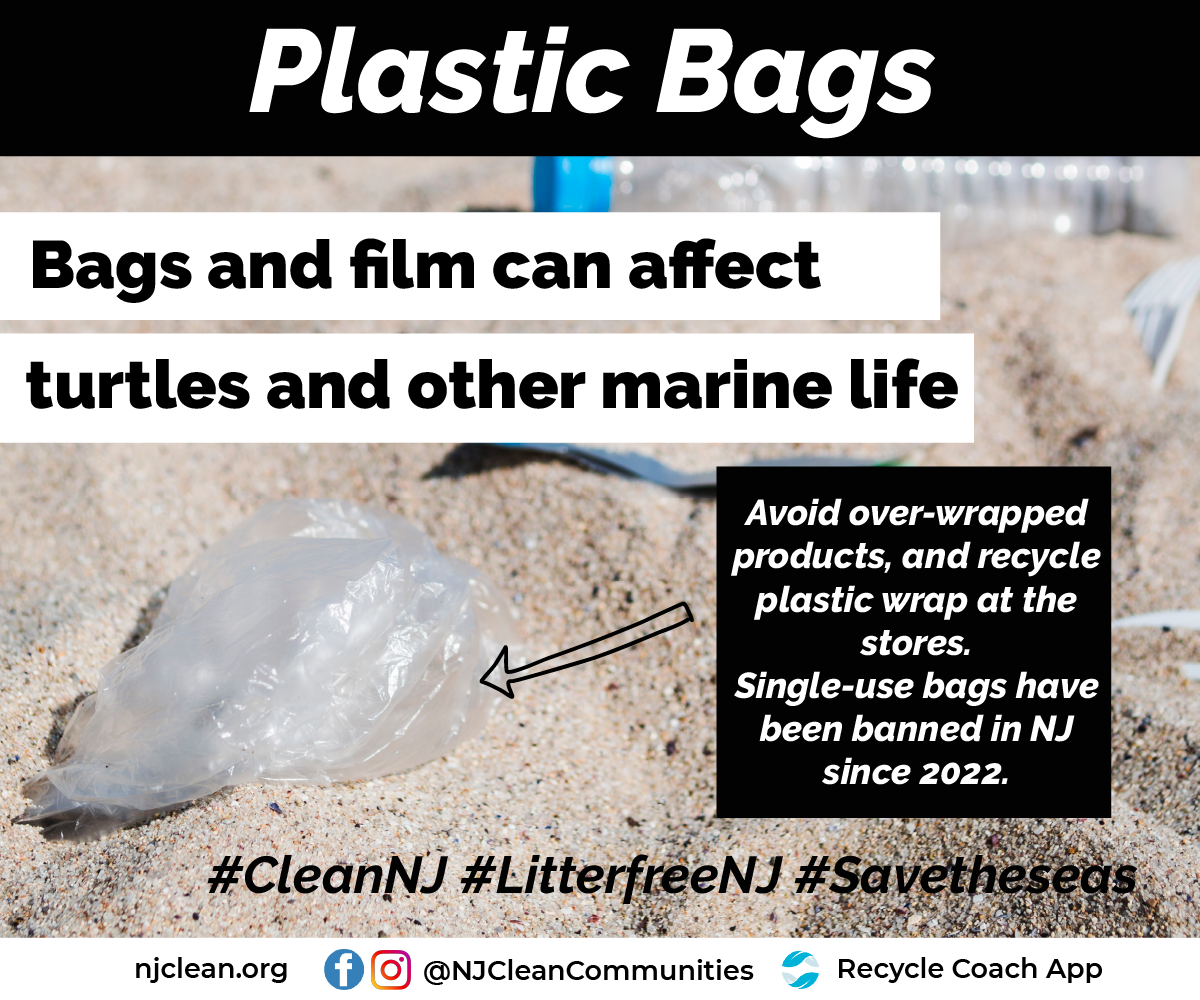
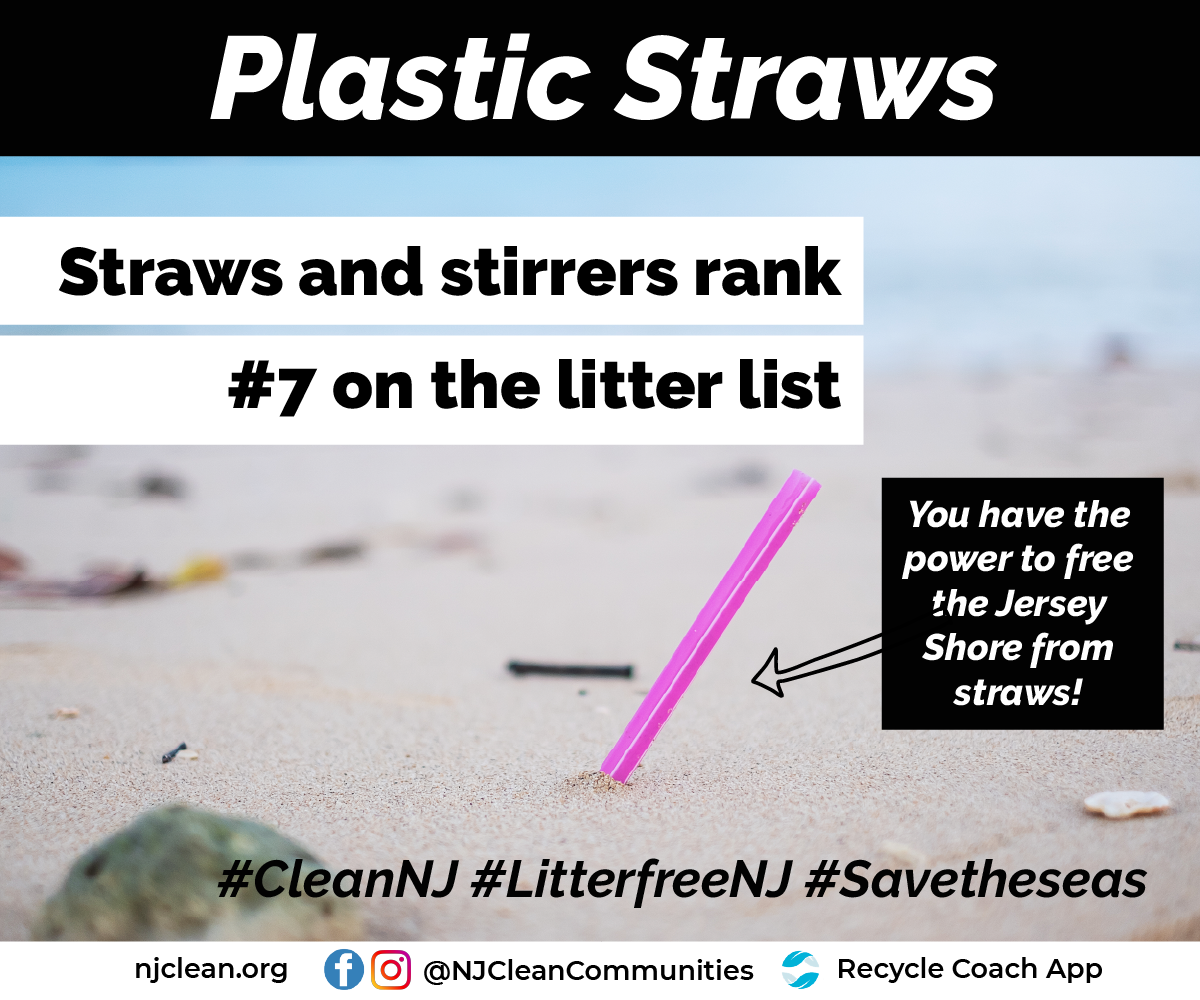
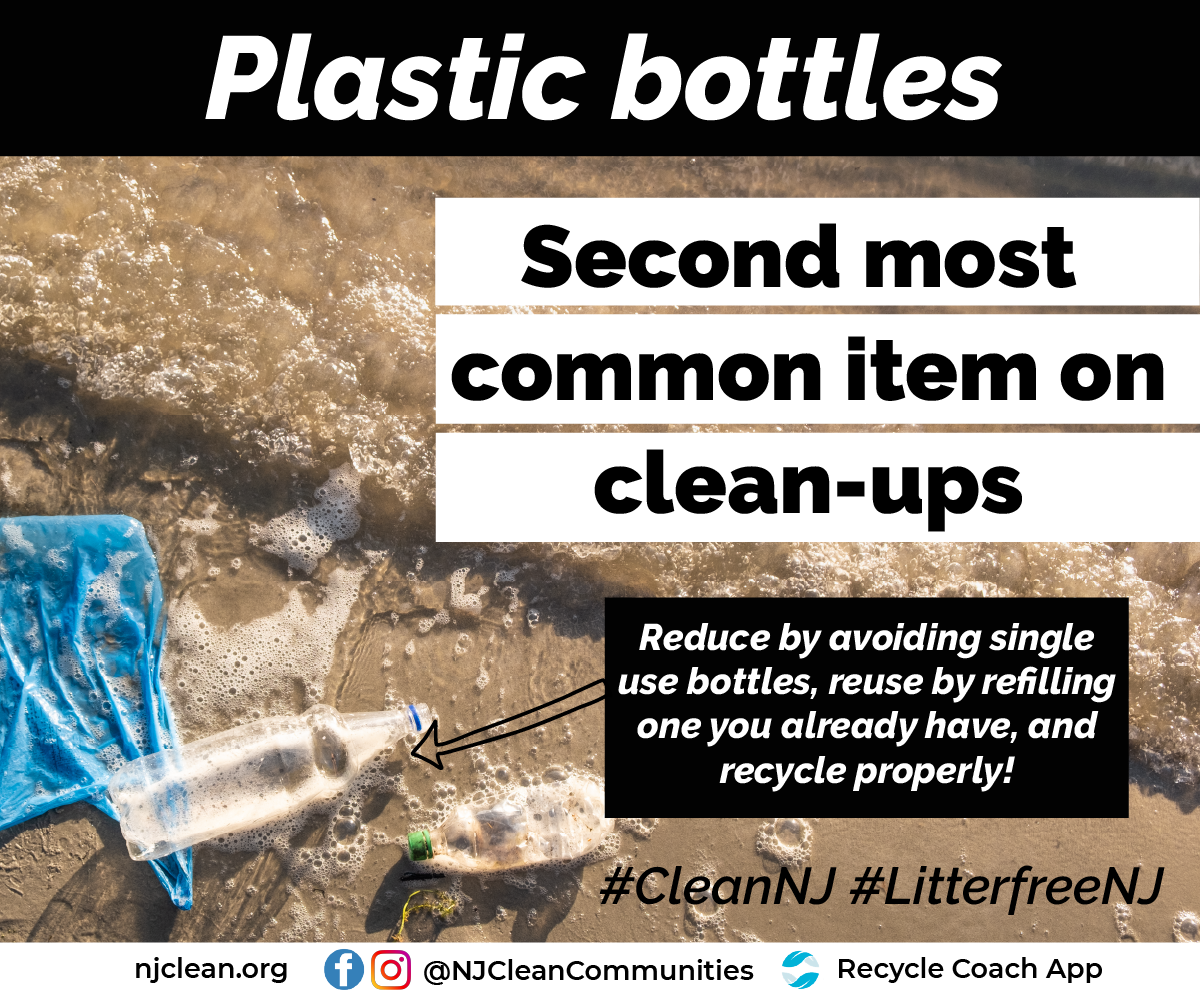
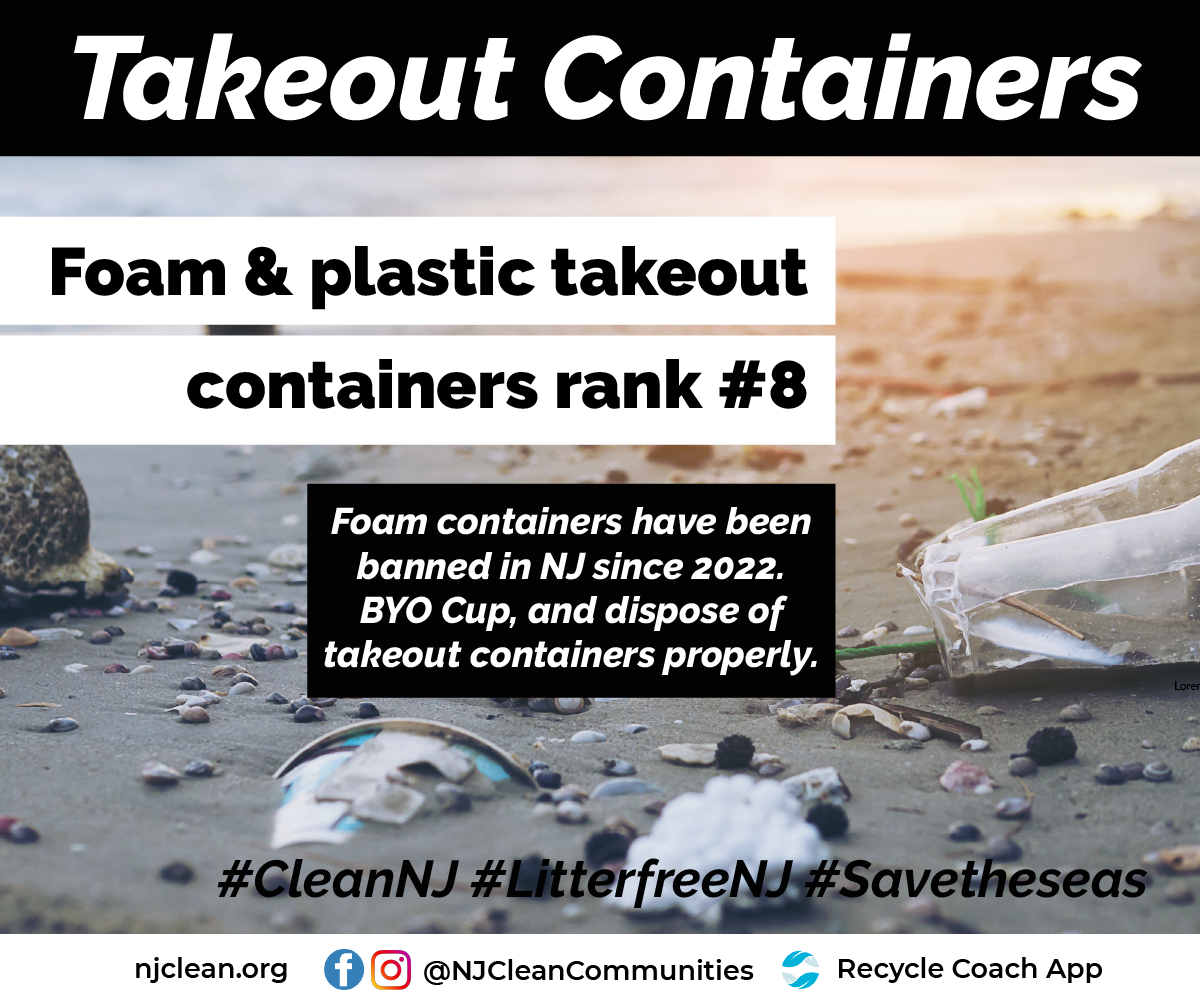
Litter Decomposition Game
How Long Does it Take to Decompose?
Make your own game! Bergen County made a game based upon how long it takes various items to decompose in the environment. Sayreville followed with their version. It’s a great way to interact with residents at public events.
See the info graphic “Marine Debris from Land and Sea” (shown below) for information on decomposition times. Also, this PDF file contains a list of decomposition times.
Examples
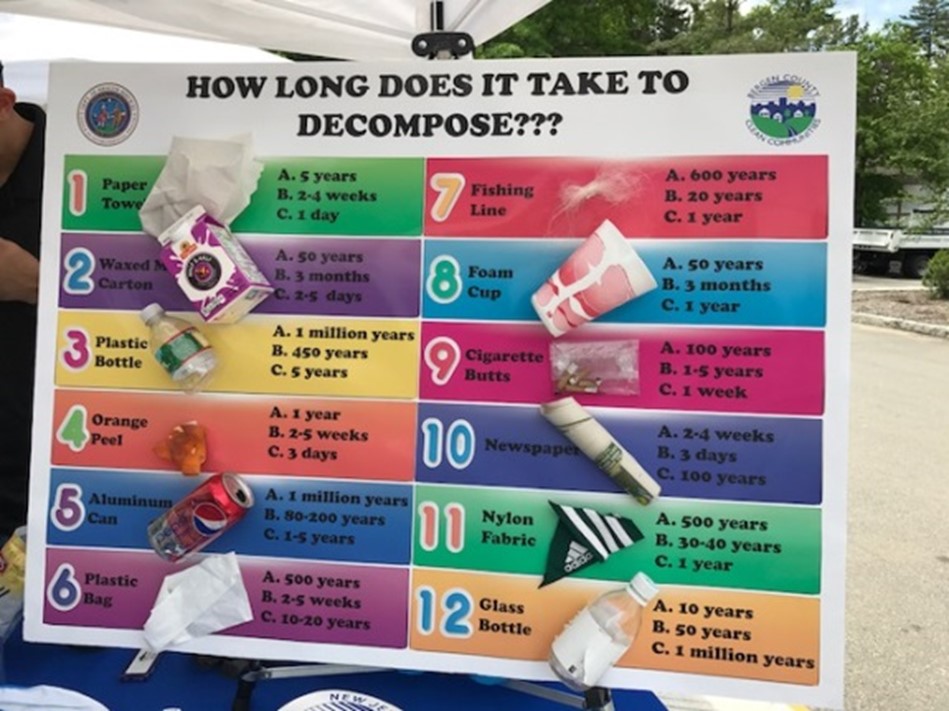
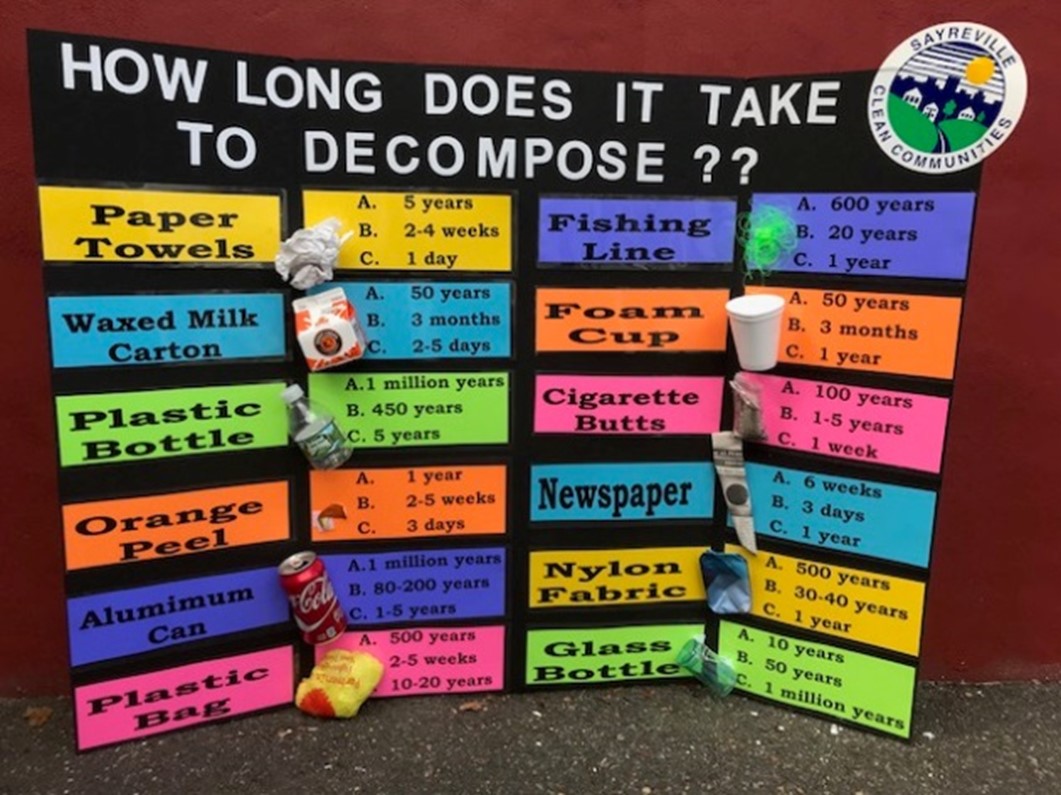
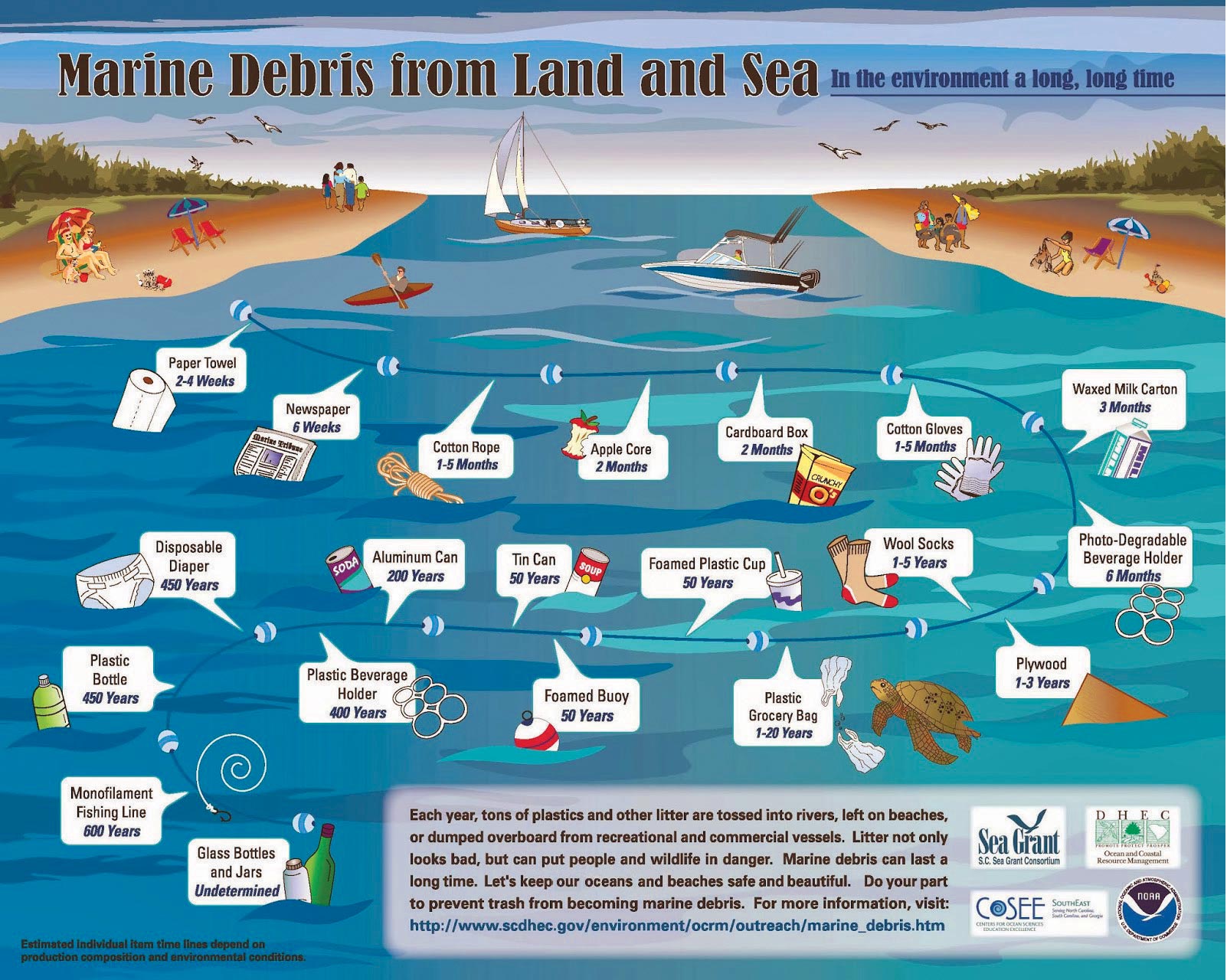
Storm Drains
Why not bring a portable educational model with you to your next Clean Communities Presentation? Educational models offer hands-on learning about the way we impact our environment. Suggested models include nonpoint source pollution or a landfill. Make your own or purchase one from enviroscape. AmeriCorps New Jersey Watershed Ambassador Program offers free educational programs to smaller groups (not assembly programs). Presentations can be customized to include almost any water-related topic and to target any age group. Watershed Ambassadors are trained specifically on stormwater runoff pollution education using the Enviroscape watershed model and are Project WET Certified educators.
Find your local Watershed Ambassador
See the New Jersey Watershed Ambassador Fact Sheet
Watershed/Nonpoint Source Model, from enviroscape®
“Hands-on, interactive demonstration of the sources and effects of water pollution. Easily demonstrate how storm water runoff carries pollutants through the watershed to a pond, lake, river, bay, or ocean – and the best management practices to prevent this type of pollution from occurring. The overall watershed/stormwater concept is effectively communicated to all ages (children to adults)!” – enviroscapes.com
